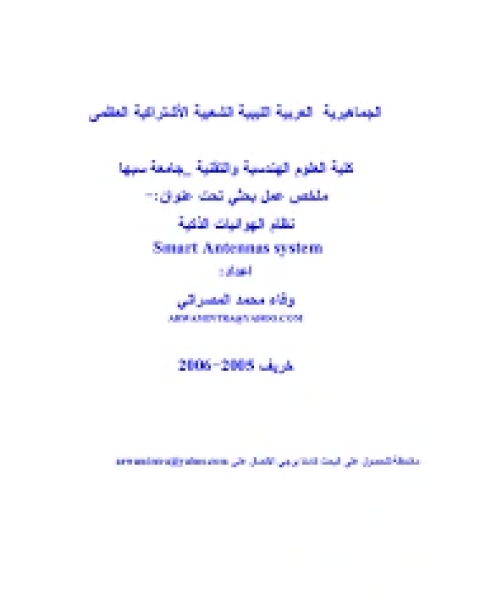تحميل كتاب idioms-dictionary PDF ابراهيم خليل العلاف
كتاب idioms-dictionary

- إسم المؤلف:
- ابراهيم خليل العلاف
- عدد الصفحات :
- غير معروف
- إسم القسم :
- العلوم والطبيعة
- تاريخ النشر :
- غير معروف
- حجم الكتاب :
- 0.0 ميجا بايت
- نوع الملف :
- عدد التحميلات :
- 1025
نبذة عن كتاب idioms-dictionary :
كتاب idioms-dictionary PDF ابراهيم خليل العلاف : 2005م - 1443هـ idiomsdictionary من كتب علمية Richard A. Spears, Ph.D. Idioms and phrases The idiom dictionary is compiled from the Cambridge International Dictionary of Idioms and the Cambridge Dictionary of American Idioms. The Cambridge International Dictionary of Idioms explains over 7,000 idioms current in British, American and Australian English, helping learners to understand them and use them with confidence. The Cambridge Dictionary of American Idioms, based on the 200 million words of American English text in the Cambridge International Corpus, unlocks the meaning of more than 5,000 idiomatic phrases used in contemporary American English. Full-sentence examples show how idioms are really used. The Cambridge University Press is respected worldwide for its commitment to advancing knowledge, education, learning, and research. It was founded on a royal charter granted to the University by Henry VIII in 1534 and has been operating continuously as a printer and publisher since the first Press book was printed in 1584. -cream parlours in the 1940s, when a particular flavour would be specially promoted for a month at a time? And did you know that ‘off the cuff’ refers to the rather messy practice of writing impromptu notes on one's shirt cuff before speaking in public? These and many more idioms are explained and put into context in this third edition of the Oxford Dictionary of Idioms. The volume takes a fresh look at the idiomatic phrases and sayings that make English the rich and intriguing language that it is. This major new edition contains entries for over 6,000 idioms, including 700 entirely new entries, based on Oxford's language monitoring and the ongoing third edition of the Oxford English Dictionary. These include a range of recently established idioms such as ‘the elephant in the corner’, ‘go figure’, ‘like a rat up a drainpipe’, ‘sex on legs’, ‘step up to the plate’, ‘too posh to push’, ‘a walk in the park’, ‘win ugly’. This edition also features a greatly increased number of cross-references, making it ideal for quick reference. Many entries include additional features which give more detailed background on the idiom in question. For example, did you know that ‘taken aback’ was adopted from nautical terminology that described a ship unable to move forward because of a strong headwind pressing its sails back against the mast ............................ .
إقرأ المزيد


